Decoding Forex Spread: A Guide to Calculation & Impact
Abstract:When trading in the forex market, one of the most important concepts every trader must understand is the spread. It might seem like a small number, but its impact on your trading results can be significant. In this article, we’ll break down what the forex spread is, how it's calculated, and how it affects your trades.
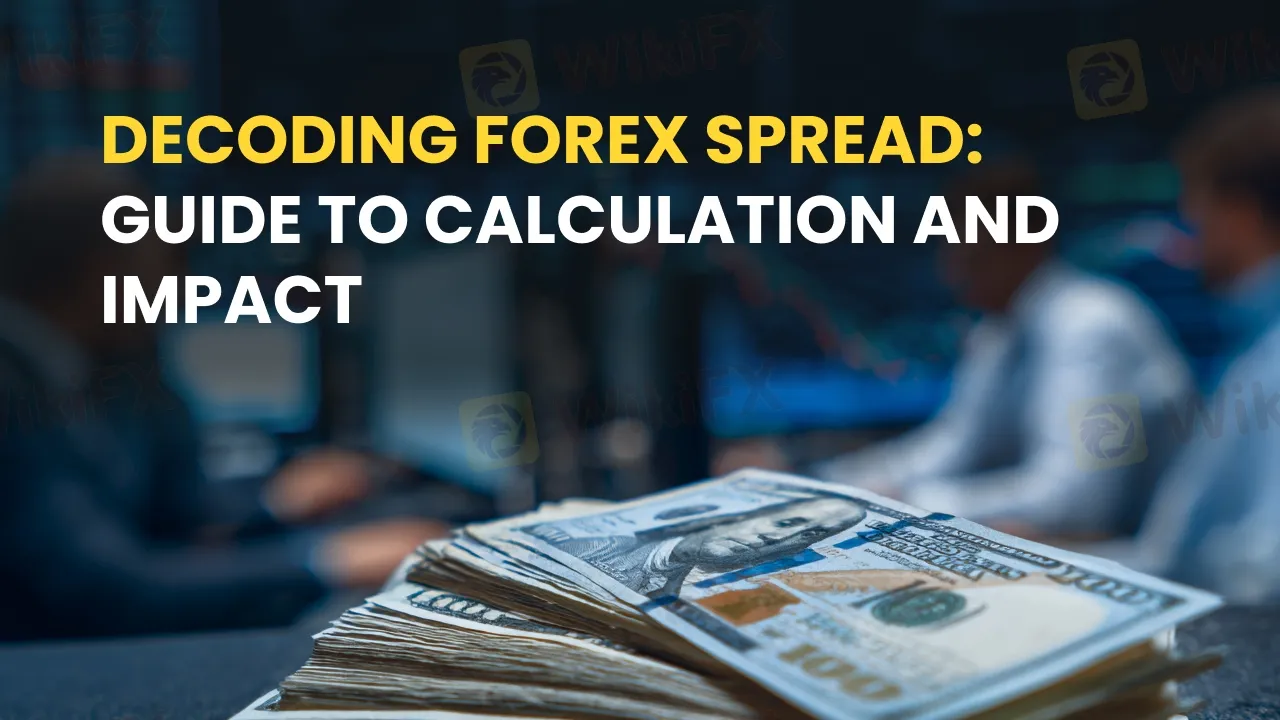
When trading in the forex market, one of the most important concepts every trader must understand is the spread. It might seem like a small number, but its impact on your trading results can be significant. In this article, well break down what the forex spread is, how it's calculated, and how it affects your trades.
What is Forex Spread?
The forex spread is the difference between the bid price (the price a broker is willing to pay for a currency pair) and the ask price (the price a broker will sell the currency pair to you). In simple terms, it's the cost of trading — and its how brokers make money without charging direct commissions.
For example, if the EUR/USD pair has a bid price of 1.1050 and an ask price of 1.1053, the spread is 3 pips.
Types of Spreads
1. Fixed Spread:
o Remains constant regardless of market conditions.
o Offered mainly by market maker brokers.
o Beneficial during volatile times as it avoids sudden cost increases.
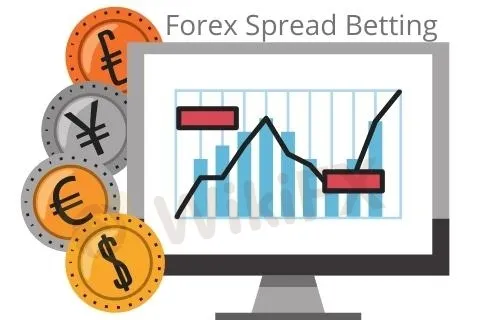
2. Variable (Floating) Spread:
o Changes with market volatility and liquidity.
o Offered by most ECN and STP brokers.
o Can be lower during stable periods but may widen sharply during news events.
How to Calculate the Spread Cost?
To understand how much the spread costs you in real money, use this simple formula:
Spread Cost = Spread (in pips) × Pip Value × Lot Size
Lets say:
• Spread = 2 pips
• Pip value = $10 (for a standard lot)
• Lot size = 1 standard lot
Spread Cost = 2 × $10 = $20
This means you start the trade $20 in the red — the price needs to move in your favor by 2 pips just to break even.
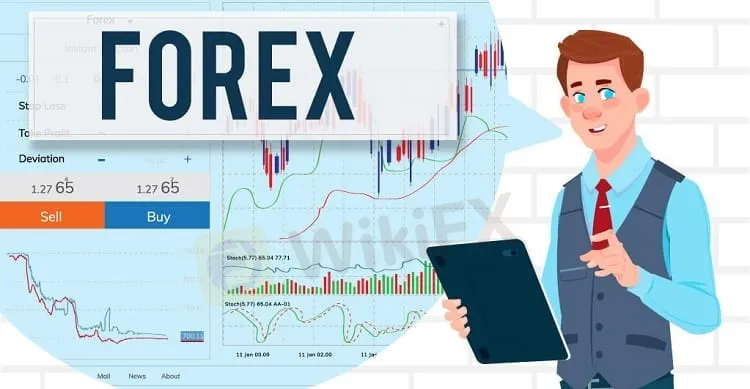
How Spread Impacts Trading?
• Affects Scalping and Day Trading:
Traders with short-term strategies are more sensitive to spread costs, as they make many trades and aim for small profits. Even slightly higher spreads can eat into their margins.
• Liquidity and Volatility:
Spreads tend to widen during major economic news, low liquidity hours, or market uncertainty. This can lead to unexpected costs or stop-outs.
• Broker Type Matters:
ECN brokers typically offer tighter spreads but may charge commissions. Market makers offer fixed spreads but can manipulate prices under certain conditions.
Conclusion
Understanding the forex spread is crucial for managing trading costs and improving profitability. Always check a broker‘s typical spreads and how they behave under different market conditions. A lower spread doesn’t always mean better — consider stability, broker transparency, and execution quality. By decoding spreads, you gain a sharper edge in the forex market.
Read more
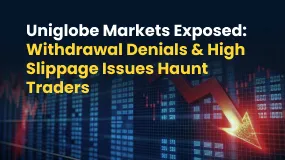
Uniglobe Markets Exposed: Withdrawal Denials & High Slippage Issues Haunt Traders
Is your forex trading experience with Uniglobe Markets nothing short of a disappointment? Do the forex broker officials deny your withdrawal requests, giving numerous excuses? Does the constant high slippage drain out your profits? Fed up with the account blockage issue at Uniglobe Markets? These recurring issues have led many traders to believe they have been scammed by Uniglobe Markets. Many, frustrated by these events, have given negative reviews about the broker. In this article, we will share their reviews. Take a look!

Weekly Scam Warning: Review List & Keep Your Finances Safe
Awareness is your best defense. We've compiled this week’s top scams so you know exactly what to watch out for. Check out the full list now and stay one step ahead!
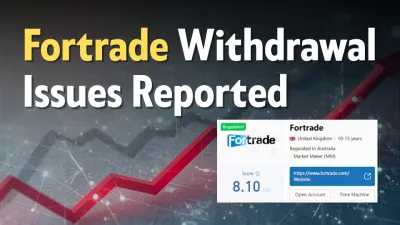
WARNING: Fortrade Successive Withdrawal Issues Reported
Fortrade broker faces multiple withdrawal complaints, allegations, regulatory fines, and office verification issues. Recent $2M CIRO penalty highlights ongoing problems.
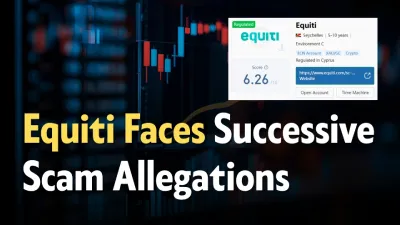
WARNING: Equiti Faces Successive Scam Allegations
Equiti faces mounting scam allegations, including withdrawals blocked and fund deductions, despite mixed regulatory claims and office verifications.
WikiFX Broker
Latest News
CySEC Updates CFD Restrictions to Enhance Retail Investor Protection
Chase-Plaid Deal Sets Banking Fee Precedent
Top 5 Forex MAM Brokers for 2025: A Complete Comparison Guide
Fed Meeting Begins: What a Potential Rate Cut Could Mean for Traders?
Uncovering! The Real Problems with "Fair Markets"
Axi Introduces Fiat-Settled Crypto Perpetuals
U.S. financial regulators imposed more than $4M in penalties against fraudsters in a single day.
How to Read Forex Charts Like a Pro
Hassett says Fed made 'prudent call,' signaling White House OK with quarter-point cut
Deriv Broker Warning: Scams Allegations Rising
Rate Calc
